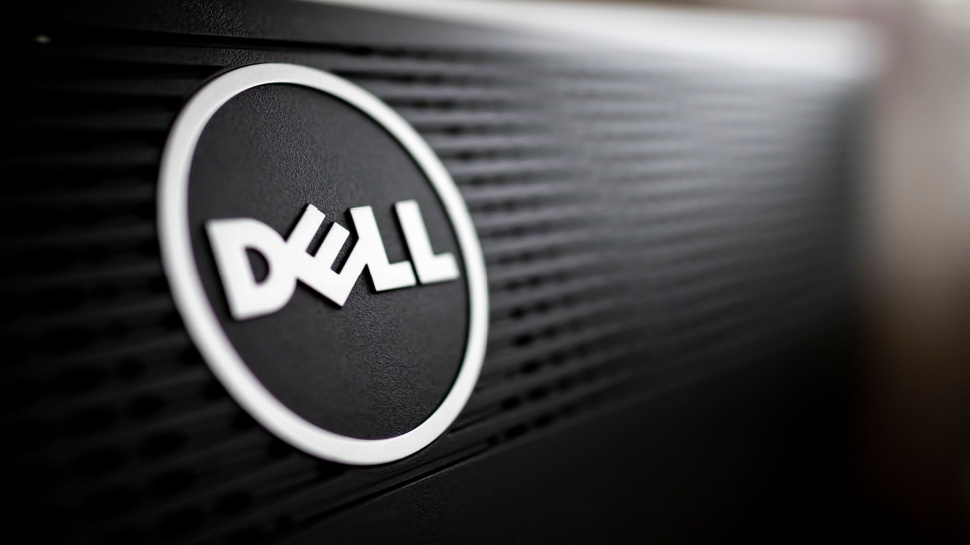Dell expands AI capabilities with new PowerEdge servers using high-performance AMD processors
The Dell AI Factory is expanding

- Dell expands its range of PowerEdge servers to help with AI workloads
- Integrating AMD processors, some of the solutions offer big boosts to efficiency
- New servers will be available for purchase soon
Dell is looking to address the growing need for scalable, flexible and high performance infrastructure with a new PowerEdge server portfolio.
By integrating the latest AMD 5th Generation EPYC processors and advanced cooling systems, Dell is equipping enterprises with the tools needed to stay competitive.
The PowerEdge XE7745 server will be released in January 2025, while the PowerEdge R6715, R7715, R6725, and R7725 servers will be available as early as November 2024.
PowerEdge servers for enterprise AI workloads
One of the new offerings is the Dell PowerEdge XE7745 which is designed to support up to eight double-width or 16 single-width PCIe GPUs, utilizing AMD's 5th Generation EPYC processors. It comes in a 4U air-cooled chassis and is engineered specifically for AI inferencing, model fine-tuning, and high-performance computing (HPC). The server also features eight additional Gen 5.0 PCIe slots for network connectivity.
In addition, the PowerEdge R6725 and R7725 servers also use AMD 5th Generation EPYC processors and offer greater scalability for enterprises. Ptomized to handle high-demand workloads, Dell claims the R7725 server can deliver up to a 66% performance increase and a 33% boost in efficiency at the higher end of the performance spectrum.
All three of these platforms are capable of supporting up to 50% more cores, with a reported 37% improvement in performance per core. These performance upgrades offer enterprises the potential to consolidate older infrastructure, reducing the need for multiple servers and cutting CPU power consumption by up to 65%.
Dell has also introduced the PowerEdge R6715 and R7715 servers, both powered by AMD’s 5th Generation EPYC processors. These servers bring further efficiency gains and offer up to 37% more drive capacity, increasing storage density. These single-socket servers support various configurations, with up to 24 DIMMs (Dual In-line Memory Modules) to maximize performance.
Sign up to the TechRadar Pro newsletter to get all the top news, opinion, features and guidance your business needs to succeed!
Dell Technologies will continue supporting the latest AMD Instinct accelerators and IT teams will also benefit from the updated Integrated Dell Remote Access Controller (iDRAC). One key addition is Dell Generative AI Solutions with AMD, which integrates the PowerEdge XE9680 server and AMD Instinct MI300X accelerators, which aim to accelerate AI inferencing and customization, particularly in areas such as retrieval augmented generation (RAG), with these systems reducing time-to-value by up to 86%.
Also, the Dell Enterprise Hub on Hugging Face now supports the PowerEdge XE9680 server, allowing for easier deployment of models such as Llama and Mixtral. These models are optimized to enhance AI inferencing performance and leverage Hugging Face's Text Generation Inference (TGI) back-end.
“By integrating AMD technology into the latest Dell servers, AI solutions and services through the Dell AI Factory, we’re providing the performance and efficiencies enterprises need today and in the future,” said Arthur Lewis, president, Infrastructure Solutions Group, Dell Technologies.
“Together with AMD, we are setting new standards in AI performance, giving enterprises powerful and cost-effective solutions essential for modern data-driven environments," Lewis concluded.
Via HPCwire
You might also like
- Take a look at the best virtual machine software
- Dell hacker says they can directly attack company servers
- These are the best virtual desktop services

Efosa has been writing about technology for over 7 years, initially driven by curiosity but now fueled by a strong passion for the field. He holds both a Master's and a PhD in sciences, which provided him with a solid foundation in analytical thinking.